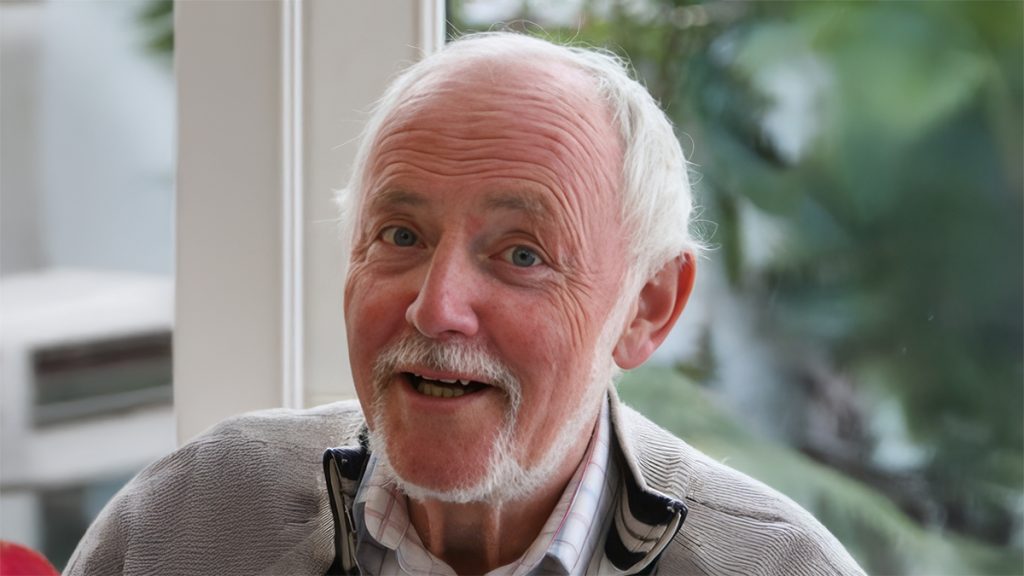As we near November, the month of the holy souls, we remember our dead.
Our Catholic liturgy centres on praying for the souls of the dead that they may rest in peace after a life of exile in a valley of tears.
To an outsider, it may look like heaven is the creation of people who regard their earthly existence as enforced exile; upon death the soul is rewarded with eternal rest.
Eternal growth rather than punishment
But immediate eternal peace and happiness is not guaranteed for all.
Most must face a transitional state, a purgatorial stage.
The unrepentant few will face the eternal fires of hell where Dante expressed its finality: “Abandon hope all you who enter.”
Why can’t change and growth, which are such essential features of human life, not be continued into our next level of existence?
Newman’s dictum is universal: “To live is to change and to be perfect is to have changed often.”
It is possible to imagine an afterlife as an unlimited ascent towards God and ultimate happiness.
We are reminded in John’s Gospel that in God’s house there are many rooms and levels.
Is hell tenable for a Christian
Many believe that justice demands that the unrepentant be punished eternally in hell.
No Christian can rejoice in the existence of hell.
No matter how bad a life a person has lived, there is always a scintilla of goodness present that can grow and develop.
A permanent hell is believable only if God is seen as an autocratic, merciless ruler feared by his subjects.
Such a cruel divine image was not preached by Jesus, who proclaimed God as “Abba.”
Justice in the Kingdom
Jesus, in his “justice” parables, subverted the traditional Jewish belief in an “eye for an eye” system of justice.
For him, there is no exclusion from the Kingdom of God.
The older brother in the prodigal son parable was aggrieved at the welcome his father lavished on his profligate brother.
The workers in the vineyard who worked all through a long, hot day felt aggrieved when their fellow workers who only laboured for the last hour received the same pay.
Need for revision
Our traditional views on the afterlife need to emphasise a more positive existence, one not based on negative purgation from sin but on the possibility of growth.
It may also include St. Thérèse of Lisieux’s more active vision of heaven, which was to be spent “doing good on earth.”
Both views envisage an afterlife not of eternal rest but of active growth in and towards God’s presence.

- Brendan Butler is a former secondary school teacher who specialised in teaching Religious Education. His postgraduate degree was in theology from the Antonianum University in Rome. In 1979, he co-founded “The Irish El Salvador Support Committee” and later “The Ireland Algeria Solidarity Group”. He was the co-ordinator of “The N.G.O. Peace Alliance” which was active in the Irish peace movement. He helped to revive the Catholic Church reform movement “We are Church Ireland”, of which he was joint co-ordinator and spokesperson for several years.
- He published: My Story by Jesus of Nazareth, As narrated by Brendan Butler.
- Brendan is also active in contributing articles, letters to Irish Newspapers on Church and human rights issues.

